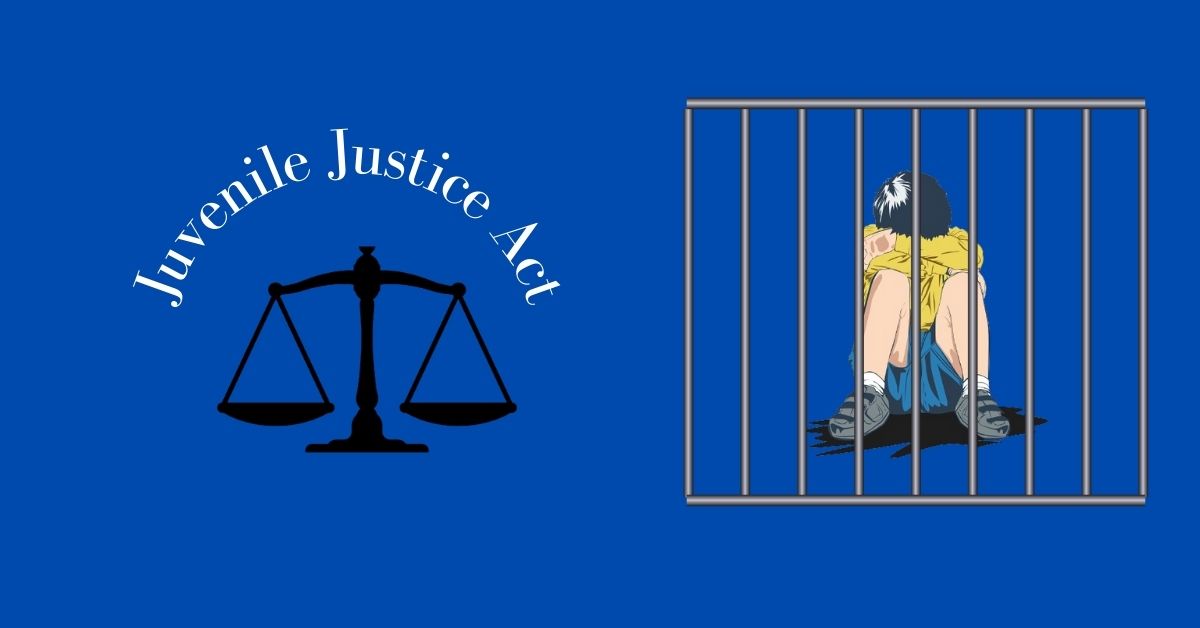A Landmark Ruling by the Bombay High Court

Introduction
The Bombay High Court, in a significant ruling, has held that an accused claiming to be a juvenile need not produce a Date of Birth (DOB) certificate from his ‘first’ school to determine his age. A certificate from any school he attended can be submitted under the new Juvenile Justice Act 2015 (JJ Act).
The Case
The case involved an accused who was charged with kidnapping and rape, as well as under sections 4 & 6 of the POCSO Act. The accused claimed that he was a juvenile on the date of the offence in 2018.
The Trial Court’s Stand
The Sessions Court had asked the accused to submit documents about his date of birth as per Section 12(3) of the Juvenile Justice (JJ) Rules, 2007, which required a certificate from the school first attended.
High Court: Reinterpreting Juvenile Justice Act 2015
Justice SM Modak set aside the trial court’s order that adjudicated the accused’s plea based on the old JJ Act and Rules. He observed that although the trial Court considered Rule 12(3) of 2007 Rules, now the 2015 Act and 2016 Rules are enacted. So, the earlier rules do not exist.
Quoting the Supreme Court
Justice Modak quoted the Supreme Court judgment in Rishipal Singh Solanki vs. State of Uttar Pradesh (2021), stating that “What was provided under Rule 12 of the JJ Rules 2007 has been provided under Section 94 of the JJ Act 2015. Section 94(2)(i) only refers to ‘date of birth certificate from the school’ and does not insist on the first school certificate.”
High Court’s Verdict: Juvenile Justice Act 2015
Allowing the petition, Justice Modak held that Section 9(2) of the Act talks about conducting an enquiry by the Court by taking the evidence. As per the proviso, such enquiry has to be conducted as per the Rules. Whereas, Section 94(2) of the 2015 Act refers to date of birth certificate from the school. It no more says about second school.”
Conclusion: High Court Shifts Juvenile Justice Act 2015 Interpretation
The Court quashed the Sessions Court order and remanded the matter back for an inquiry by the trial court under Section 94(2) of the JJ Act, 2015. The accused was given the liberty to ask his second school to produce any certificate obtained from the first school. This landmark ruling marks a significant shift in the interpretation of the JJ Act, paving the way for a more inclusive and comprehensive approach to juvenile justice.













